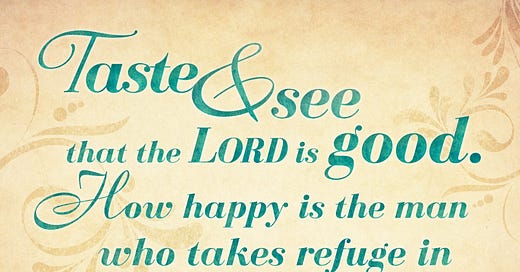Acharei Mot (After the Death) / K’doshim (Holy Ones)
6/7) Leviticus 16–18 / 19–20
I am committed to your biblical literacy. These blogs are intended to help you deepen your knowledge of God—think “Relational depth” (RD) with God. As Jeremiah 9:24 says,
But those who wish to boast should boast in this alone: that they truly know me…
After the charge to boast in knowing God, Jeremiah goes on to explain that our understanding comes downst…




